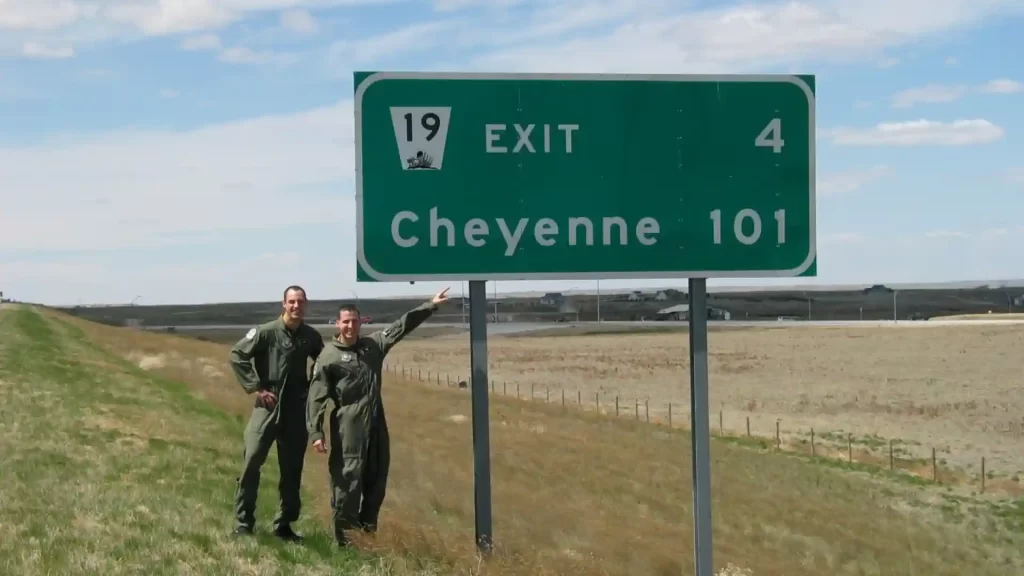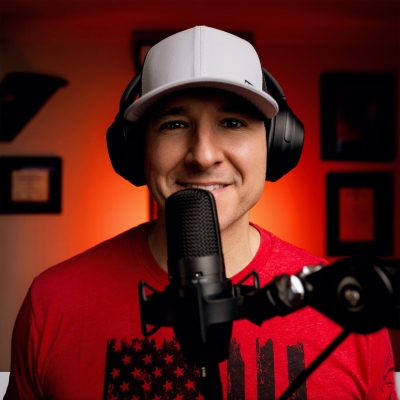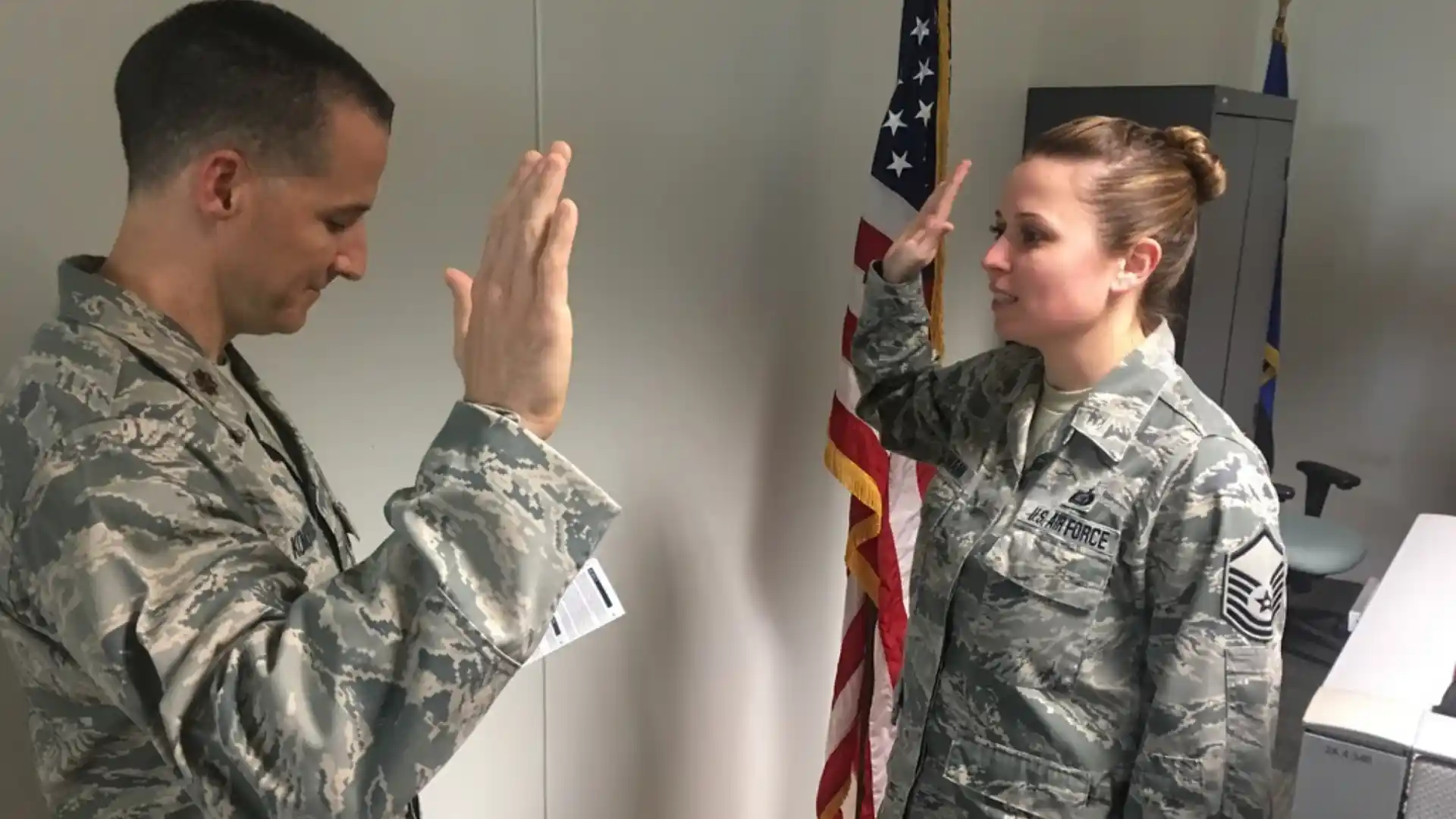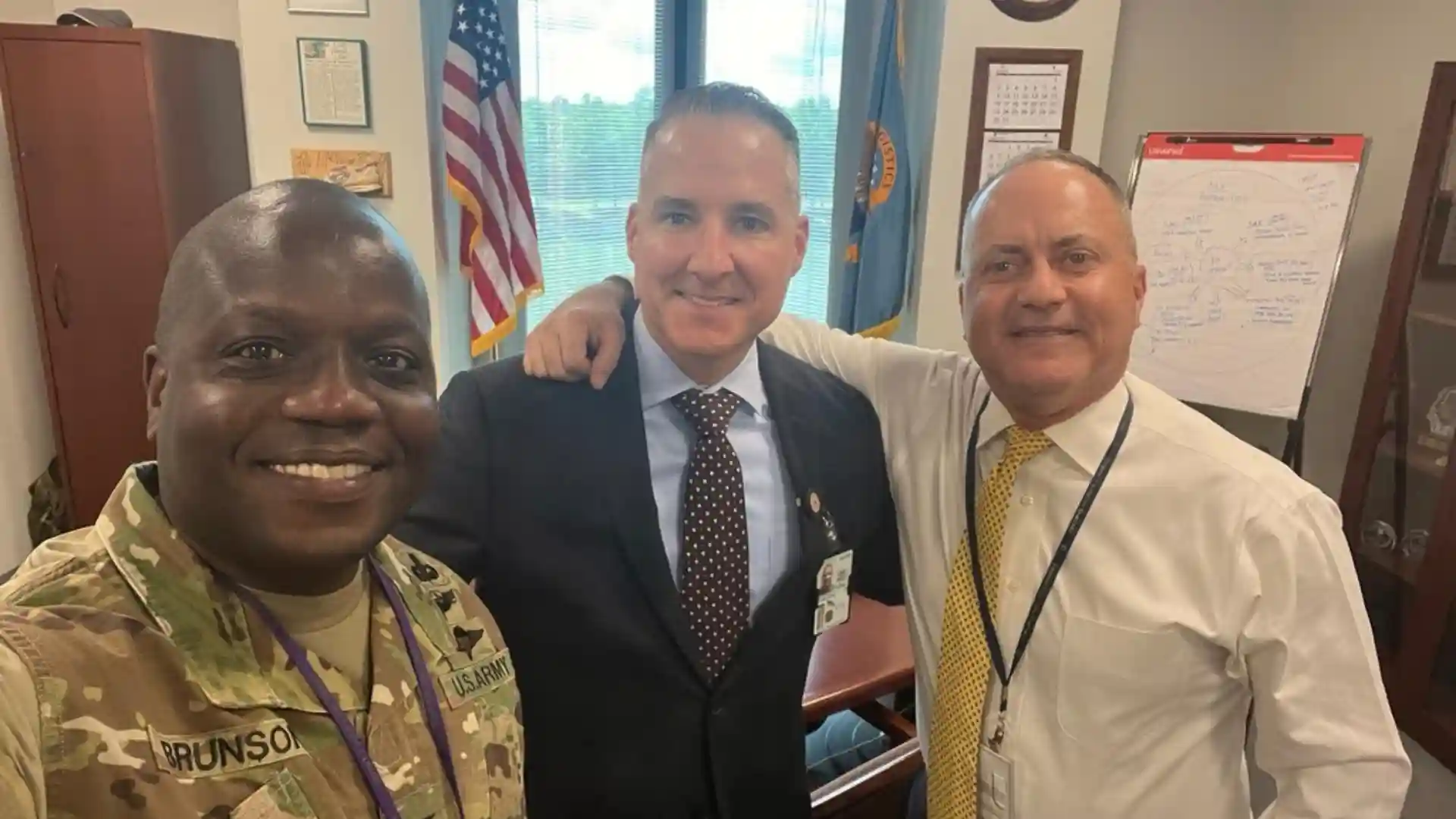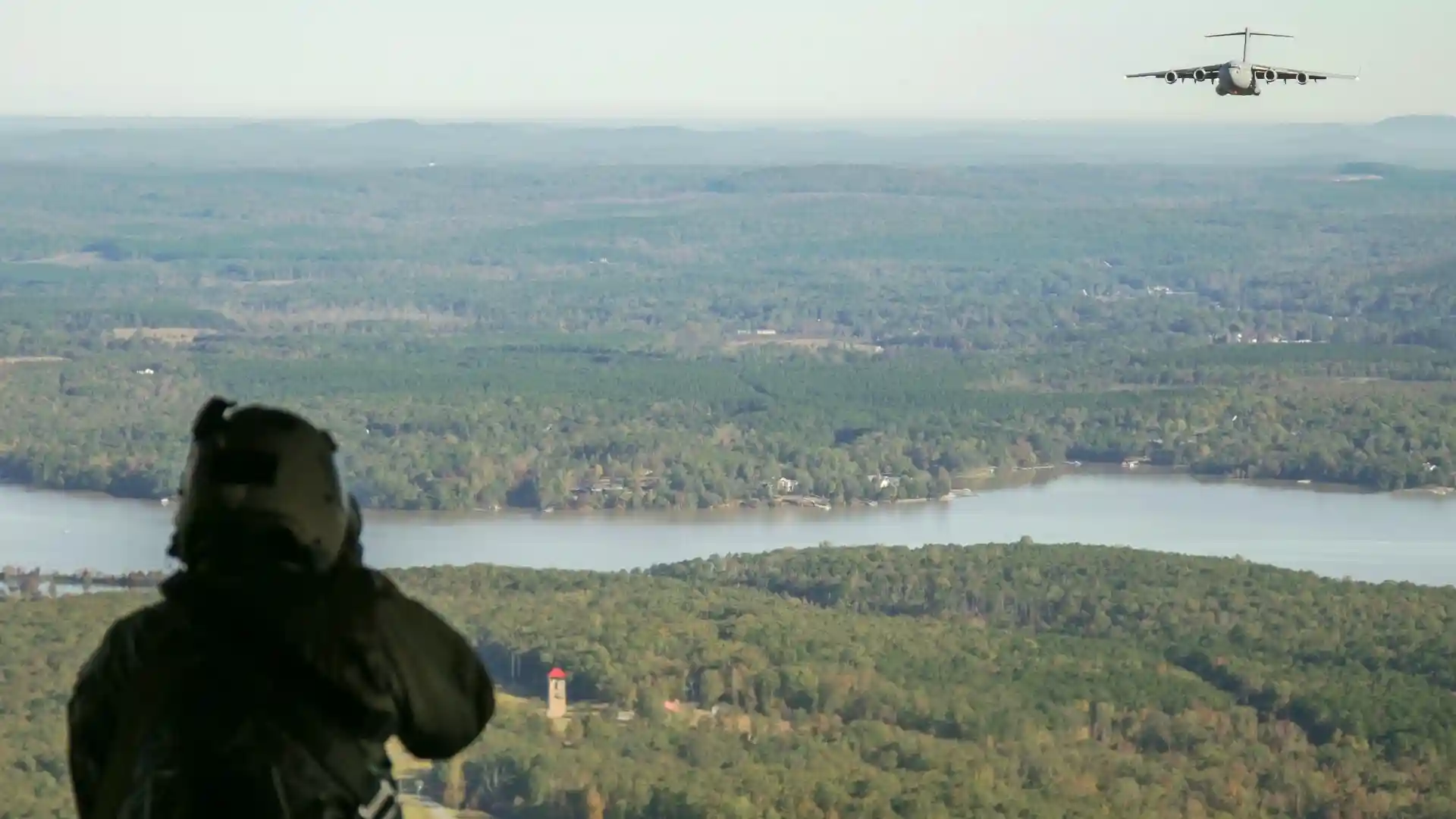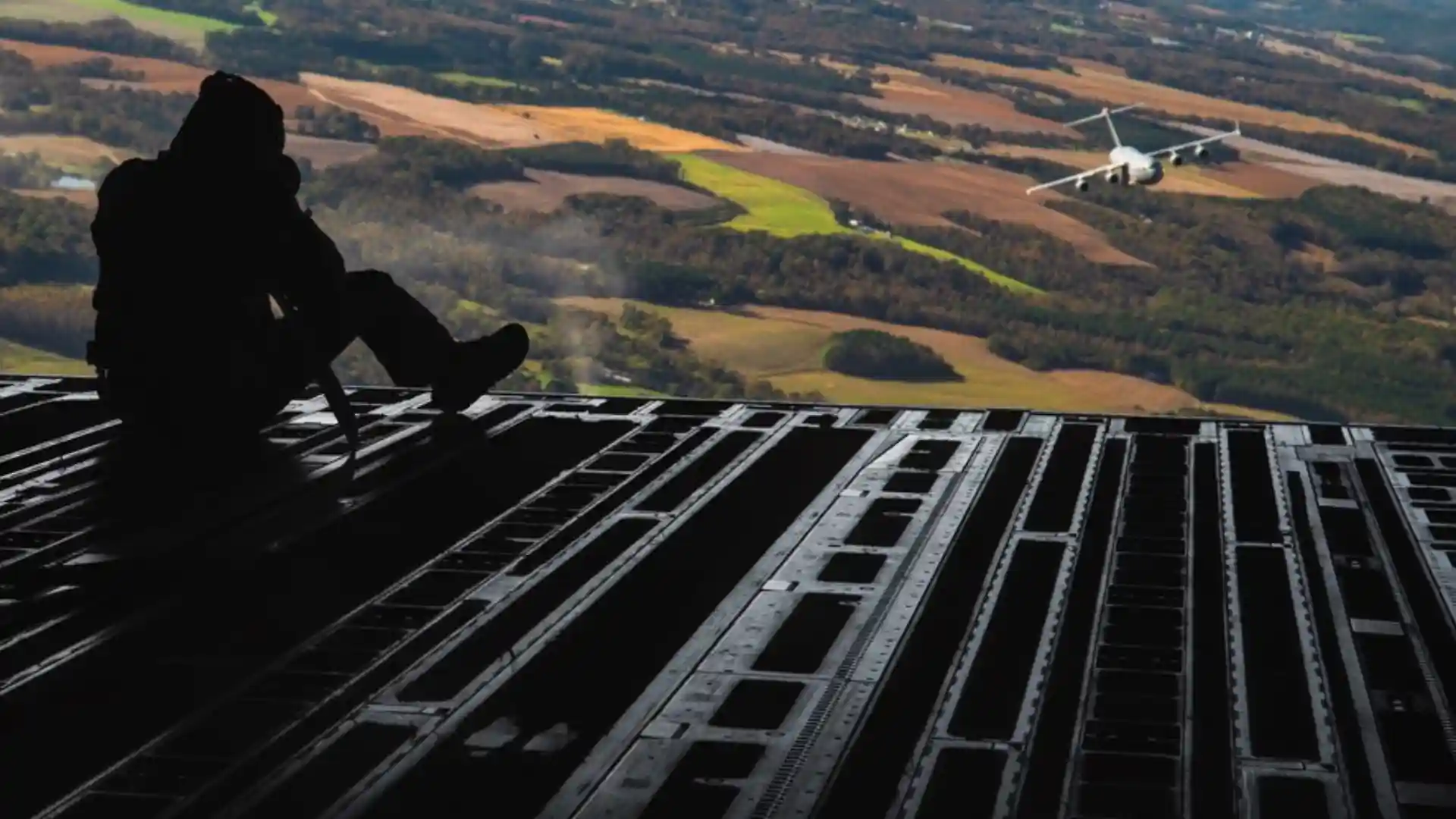Crisis is the real test of leadership—and nowhere is that more intense than in the military, where decisions can literally mean life or death. I remember speaking with a retired Marine I met during a leadership workshop. He told me how in Afghanistan, he had to make a call in seconds that would affect dozens of lives. It shook me—because these aren’t decisions made with full information. They’re made under pressure, on instinct, and with a deep sense of duty trained over years.
Traditionally, stories like his were kept behind closed doors—shared only in debrief rooms or quietly among veterans. But thanks to the rise of podcasts, these powerful, personal stories are finally being told publicly. Platforms like Voice for Valor are letting us step inside these moments, hearing directly from the people who lived them.
What I love about these podcasts is how they pull you into those critical decisions. You’re not just learning strategy—you’re hearing the raw emotion, the self-doubt, and the resilience that comes with leading through chaos. These aren’t scripted stories. They’re real, and they offer insights that stick with you.
Whether you’re leading a team, navigating a personal storm, or just curious about what leadership looks like when the stakes are highest, these episodes offer something meaningful. If you’re ready to hear what real leadership under fire sounds like, check out Voice for Valor—you’ll walk away with a new sense of perspective.
Table of Contents
ToggleReal-Life Crisis Stories from the Battlefield
On Voice for Valor, the stories aren’t sugarcoated. Veterans open up about moments most of us can barely imagine. I remember one episode that really hit home: a former Army captain described how his convoy was hit by an IED in Iraq. In less than a minute, he had to triage injuries, call for a medevac, and secure the area—all while expecting a second attack. You could hear the weight in his voice.
Listening to these stories, you realize how leadership under fire isn’t about bravado—it’s about mental clarity, emotional control, and protecting your people. As someone who once managed a team during a real-time emergency at work (nothing like combat, but still high-stakes), I was amazed how much I related to the stress, the need to stay calm, and how fast things move.
These podcasts go deeper than headlines or Hollywood. They show how military leaders manage fear, make split-second calls, and live with those decisions afterward. If you’ve ever wondered what it really takes to lead in chaos, these real voices will show you.
Leadership Under Pressure in Combat Zones
Here’s the truth: commanding in a crisis doesn’t mean you always have the right answer. It means making the best possible call with what you have. One guest—he was a Marine squad leader in Helmand Province—talked about the toughest decision he ever made: stay in position or rescue his wounded guys. Years later, he still feels the weight of that call.
What makes these podcast stories so powerful is their honesty. They don’t hide the doubt, the pain, or the moral complexity. I once spoke with a friend who served in Syria, and he told me the hardest part wasn’t the danger—it was living with the aftermath of every choice. That stuck with me.
These episodes help us understand that leadership in war isn’t black-and-white. It’s about sacrifice, emotional burden, and doing right by your people in moments of uncertainty. They pull back the curtain on what real, human leadership looks like when it’s all on the line.
- Decisions happen fast and often involve moral complexity
- Leaders carry those decisions with them long after combat ends
- Authentic voices show what pressure leadership really feels like
- Team welfare often drives decisions, even at personal cost
To hear leadership stripped down to its most human form, listen to these powerful voices at Voice for Valor.
Lessons in Leadership from Military Veterans
If there’s one thing I’ve learned from military stories, it’s this: leaders adapt. They don’t just plan for chaos—they expect it. One naval officer shared a story that’s stayed with me. His team lost all contact during a rescue mission in storm-ravaged Puerto Rico. No GPS. No comms. He relied on instinct and decades of training to get everyone home safe.
I’ve had my own crisis moments—leading a volunteer team during a natural disaster response—and I get that feeling of, “This isn’t going to plan. What now?” That’s where adaptability and trust in your team really come in.
These stories offer lessons we all can use, whether you’re in business, education, healthcare, or just trying to lead your family through tough times. They’re not just stories—they’re blueprints for leadership when it matters most. Check out the Voice for Valor archives to hear more of these real-world, real-leader experiences.
Building Team Morale During High-Stakes Moments
One of the things I’ve come to respect most in military leadership is how leaders take care of their people—especially in the worst moments. I remember a female Air Force medic’s story in Voice for Valor. She was working brutal 20-hour shifts in Kandahar, yet still found time to share jokes, deliver care packages, and just listen.
It reminded me of leading my own team during a stressful product launch. I wasn’t saving lives, but I did learn how small gestures—checking in, sharing a laugh—can mean everything in high-stress situations.
These podcasts highlight the emotional side of leadership. The best leaders don’t just issue commands—they show compassion. And that, honestly, might be the most powerful thing you hear on these episodes. For anyone looking to understand true team leadership, these stories are pure gold.
Why Storytelling Matters in Leadership Training
Military leadership training teaches the “how.” But the “why”? That’s best learned through real stories. And that’s why I love what podcasts like Voice for Valor are doing. In one episode, a Green Beret opened up about a mission that went wrong. He wasn’t trying to impress anyone—he was honoring the fallen and sharing what he learned.
That kind of humility and transparency? It’s what makes these stories transformative. I’ve led workshops where people nod politely through theory. But play them one of these podcast clips, and suddenly they’re feeling the lesson.
Storytelling turns abstract traits—resilience, integrity, grit—into something you can understand and apply. If you’re serious about leadership, these episodes are more than inspiration. They’re education.
Reaching Civilians with the Realities of War
One of the most powerful things about military podcasts is how they bring civilians into the emotional world of service. I once met a mom at a podcast event who said she finally understood her son’s silence after deployment—because of one episode.
That’s the impact these stories have. No flashy effects, no politics—just real people, telling the truth. And through that honesty, they build understanding.
These podcasts help civilians become better allies, better voters, better neighbors to those who serve.
- They reveal emotional costs not shown in movies
- They deepen civilian empathy and support
- They connect both worlds through shared stories
- They foster smarter support and policy for veterans
If you want to truly understand the human side of service, these podcasts are where to start. Voice for Valor doesn’t just share voices—it helps them be heard.
Podcasting as a Tool for Healing and Growth
For many veterans, sharing these stories isn’t just reflection—it’s healing. Talking through trauma in a safe space—often with fellow service members—helps turn pain into growth. I’ve seen it happen. I had a veteran co-worker who opened up on a podcast, and he told me afterward it was the first time he really felt understood.
Episodes dig into PTSD, guilt, loss—and recovery. It’s not easy listening. But if you’ve ever gone through your own crisis, you’ll find something in their strength that speaks to yours. These conversations help everyone—veterans and civilians—feel less alone. That’s what healing sounds like.
Creating a Legacy for the Next Generation
What I find most inspiring is how these podcasts preserve wisdom for future leaders. These aren’t just war stories—they’re archives of leadership in its rawest form.
Young officers today are listening to these episodes before they take command. I’ve even heard that some academies use them in their training. That’s how powerful these voices are.
When a veteran shares their story, they’re not just processing it—they’re passing it forward. And Voice for Valor ensures those lessons live on.
- They preserve real leadership stories for future generations
- They serve as tools for young leaders in training
- They’re used in military and leadership education
They empower veterans by giving their experiences purpose
Want to see how experience becomes legacy? Just hit play.
Conclusion
Leadership in crisis isn’t about having all the answers—it’s about showing up, staying grounded, and making the hard calls anyway. What you’ll hear in podcasts like Voice for Valor are stories from people who’ve done just that.
These aren’t movie scripts—they’re real, raw, and incredibly human. And if you listen, you’ll learn not just what it means to lead—but what it means to lead with heart.
Whether you’re facing your own fire or just want to grow as a leader, these stories offer the kind of insight that stays with you. So, give them a listen. Let these voices shape the leader inside you—like they’ve shaped me.

